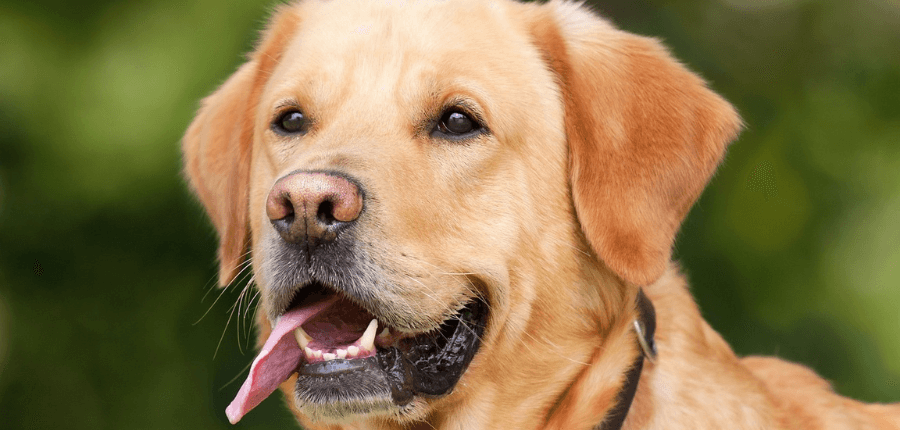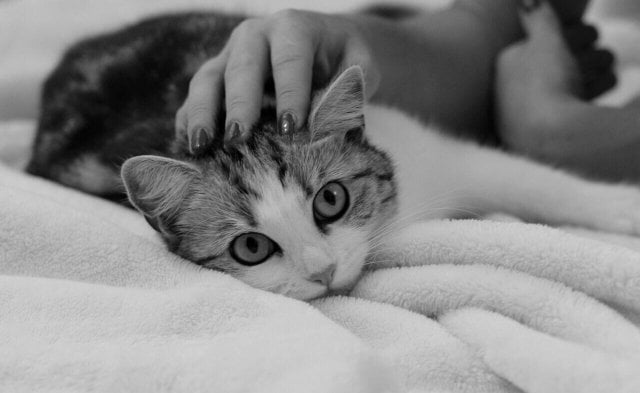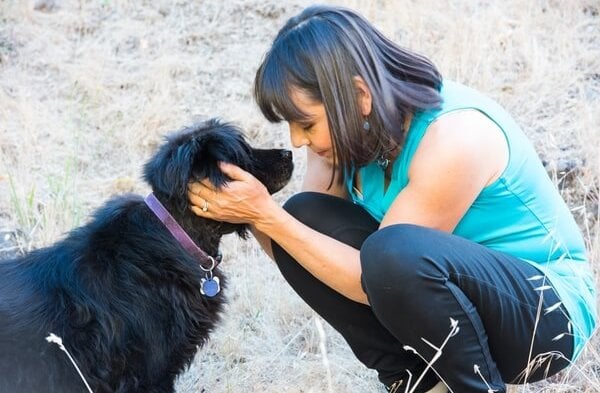PETA is committed to ensuring our canine companions each receives the love, compassion, and respect they deserve. We’re determined to do all we can–from exposing the deadly consequences of breeding and puppy mills to providing care for neglected dogs in the United States, Mexico, and other countries—to help every dog we can.
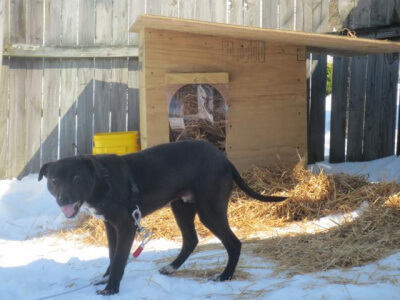
‘Backyard’ Dogs: Every day, PETA fieldworkers are on the road delivering hope –along with food, a sturdy new PETA dog house, and vital veterinary care—to dogs and puppies languishing on chains or in muddy back yards. Thanks to PETA, thousands of dogs have receive desperately needed attention, affection, and respect they would never have received otherwise. Learn how to help chained dogs.
[puppy mill image with caption and alt tag]
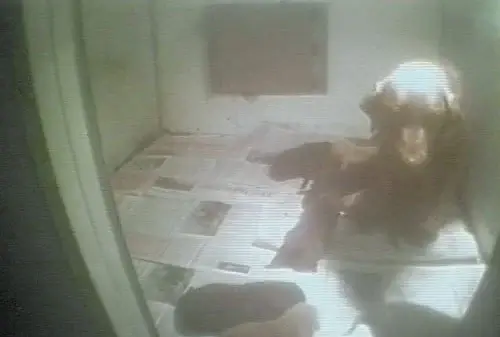
Puppy mills: With millions of unwanted and abandoned dogs –including purebreds–waiting in animal shelters for a family to take them home, there is simply no reason to buy a dog from a breeder, a puppy mill, or a pet-shop. It’s no wonder that many cities are now consider or enacting bans on the sale of dogs from them.
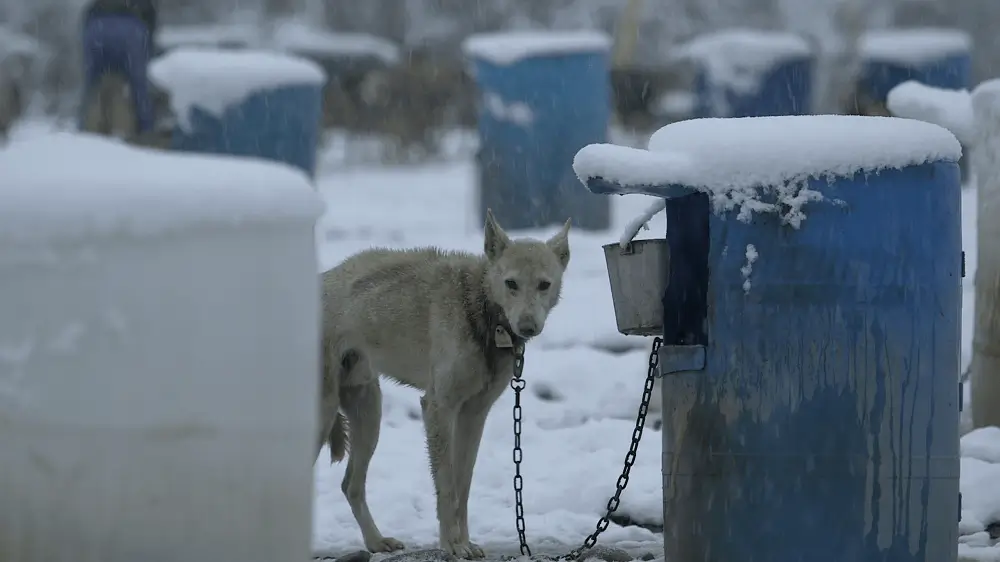
Iditarod: Alaska’s deadly Iditarod dog-sled race begins on the first Saturday in March each year. During the event, dogs are forced to run about 1,000 miles from Anchorage to Nome in less than two weeks—many of these dogs will never reach a finish line. This cruel race is a matter of life and death for dogs. Take action now by urging companies to drop their Iditarod sponsorships.
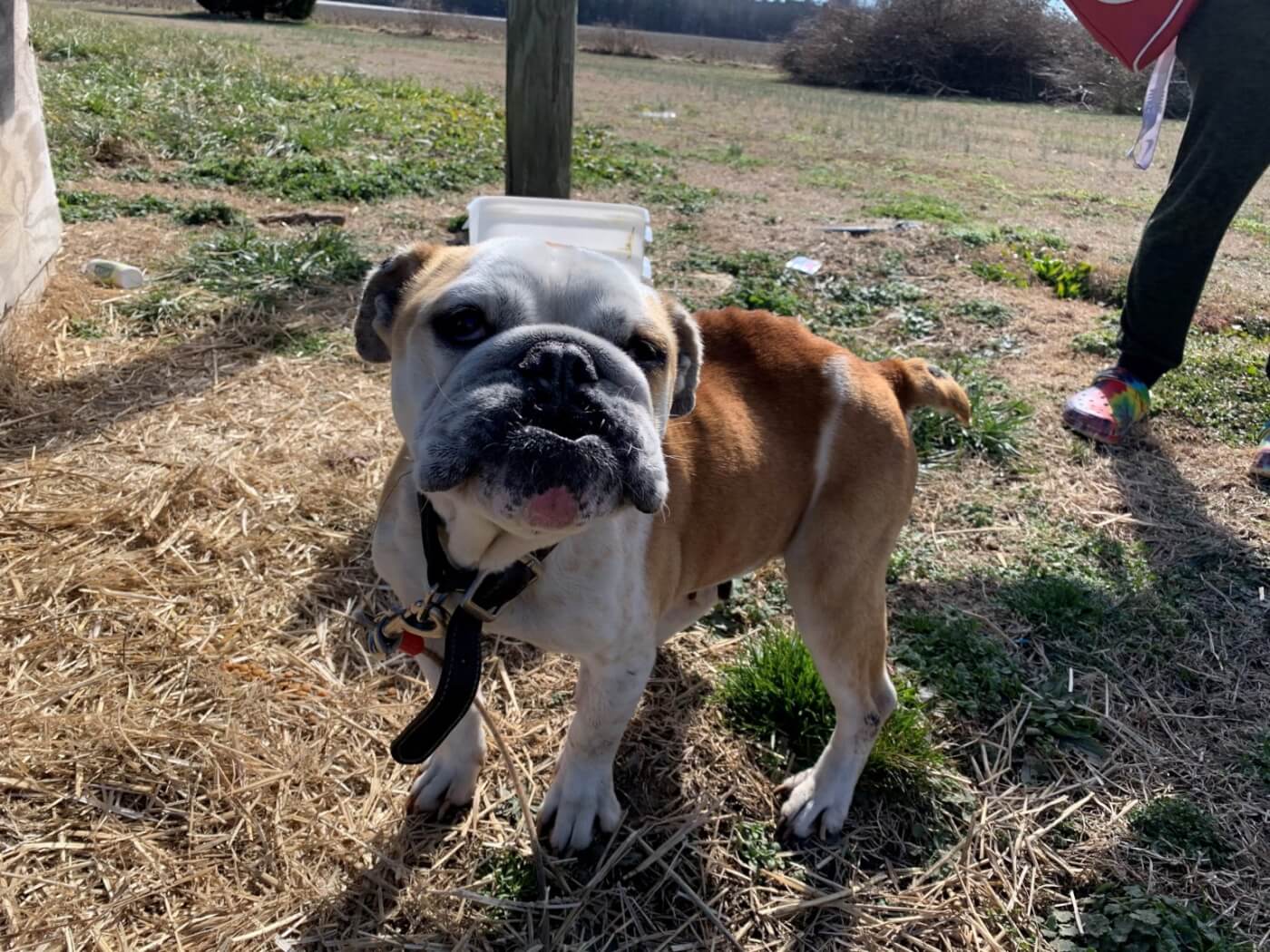
Breathing-impaired breeds (BIBs):French bulldogs, English bulldogs, pugs, Pekingese, Boston terriers, boxers, Cavalier King Charles spaniels, shih tzus, and other flat-faced dogs are breathing-impaired breeds (BIB). They are afflicted with an uncomfortable, debilitating, and sometimes fatal condition called brachycephalic syndrome. It leaves many dogs struggling just to breathe and is the leading cause of death for bulldogs. Going for a walk, chasing a ball, running, and playing—the things that make dogs’ lives joyful and fulfilling—are impossible for many BIB dogs.
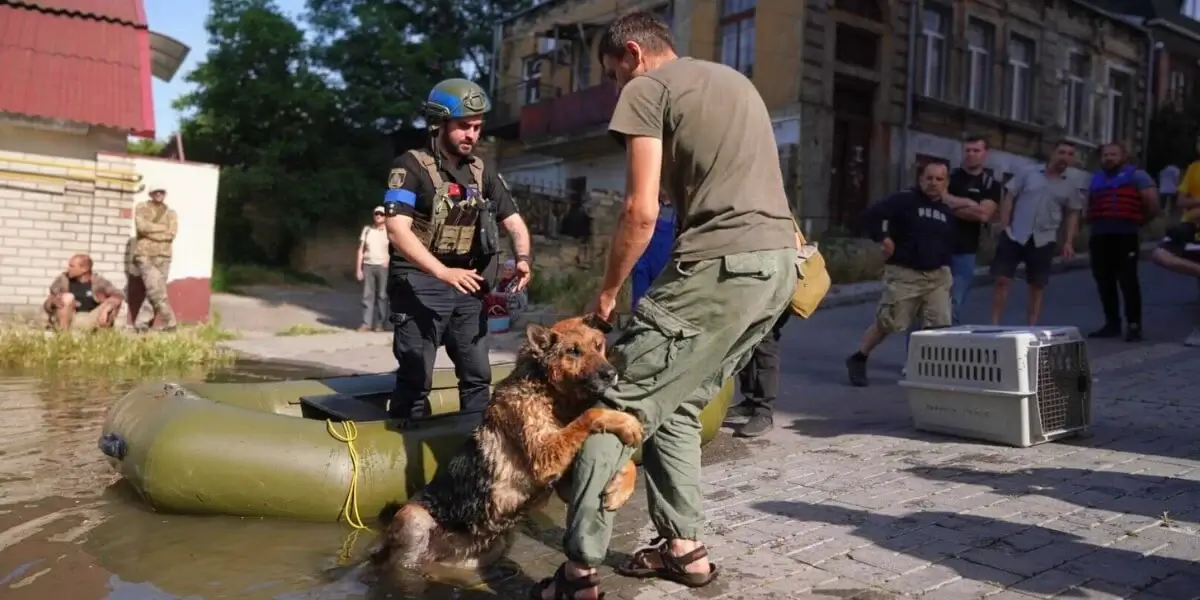
Global Compassion Fund: PETA’s Global Compassion Fund powers the lifesaving work of teams who are rescuing dogs on the front lines in Ukraine, caring for dogs in desperately poor areas of countries like Mexico and the Philippines, and providing free sterilization surgeries in Mexico, Romania, Peru, and other countries to help stop companion animal homelessness before it starts.
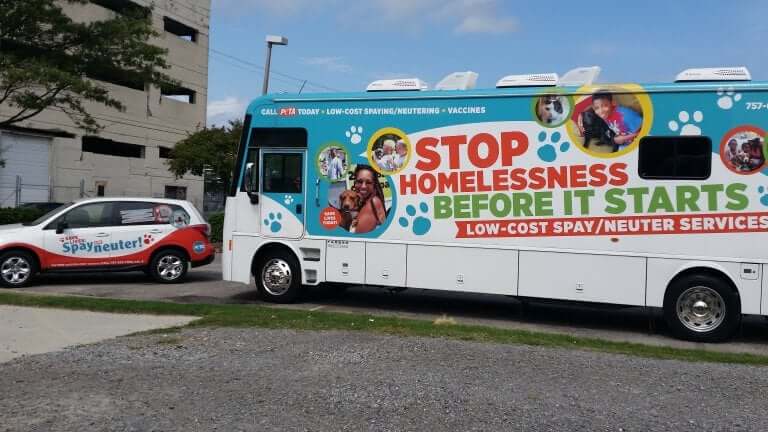
Companion animal overpopulation problem: On any given day in the United States, there are an estimated 70 million homeless dogs and cats struggling to survive. The companion animal overpopulation crisis can seem overwhelming, but the good news is that a lifetime of suffering and neglect for a homeless animal can be prevented through a single spay or neuter surgery. It’s no wonder PETA mobile clinics perform thousands of these important procedures at little to no cost to dog owners every yet.
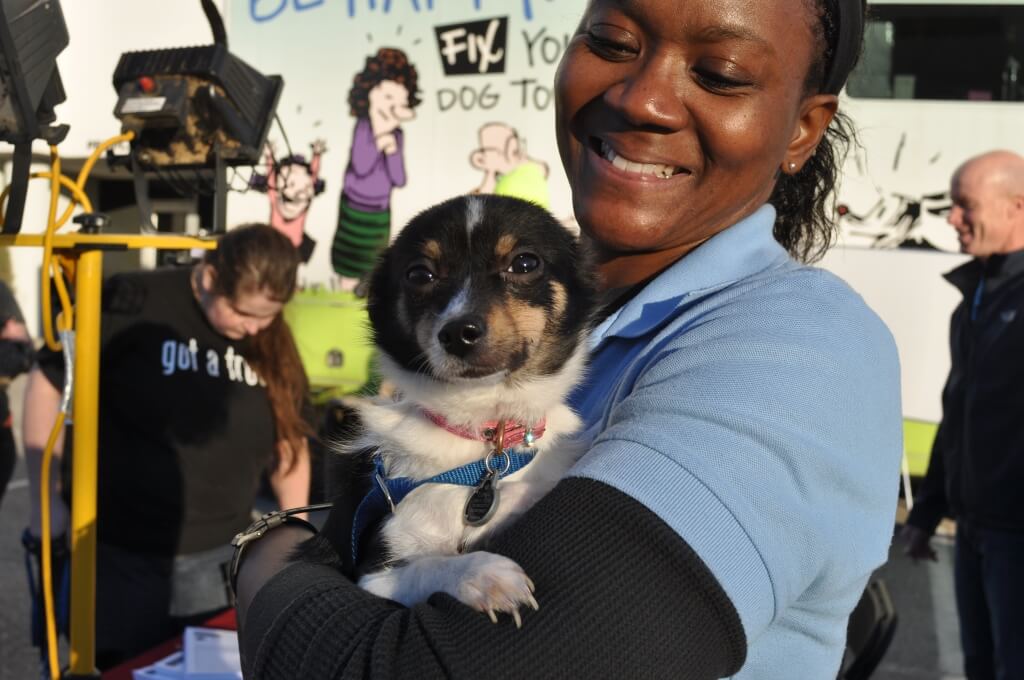
Spay/Neuter: The single most important thing that we can do to save cats and dogs from all the suffering and death that their overpopulation causes is to spay and neuter them. Spaying and neutering are routine, affordable surgeries that can prevent thousands of animals from being born, only to suffer and struggle to survive on the streets, be abused by cruel or neglectful people, or be euthanized in animal shelters for lack of a loving home.

